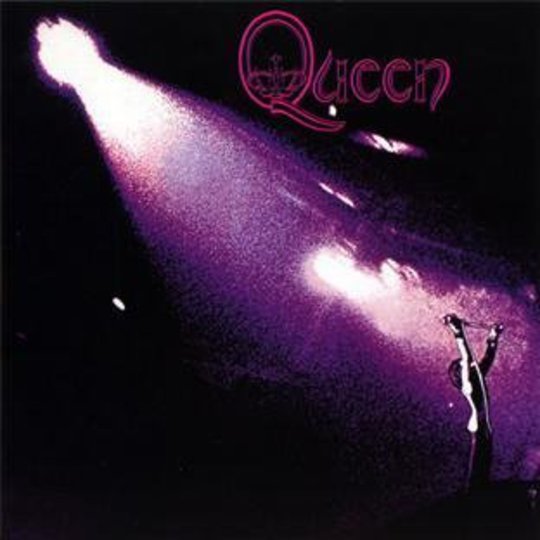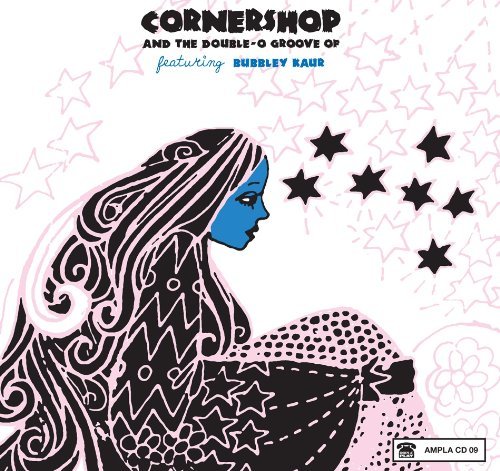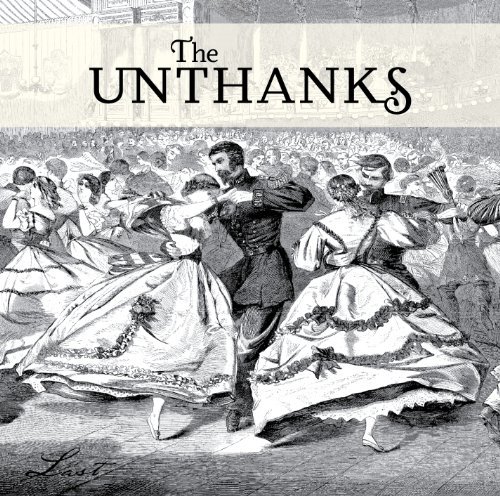Before the success and excess, the stadium-bothering, radio-hogging, gazillion-selling, records and Ben Elton-approved mainstream smugness, Queen were a very raw, talented, ambitiously progressive and thoroughly heavy rock band.
To mark 20 years since Mercury’s AIDS-related death, the band’s first five albums have been re-issued and re-mastered, complete with with various outakes, never-released live tracks and “lost” alternate versions.
That’s all well and good. But in 2011, is it any cop?
Much in the vein of Led Zeppelin or prog pioneers King Crimson and Yes, in their early Seventies heyday Queen were part of a new breed of post-Sixties rock bands pushing the boundaries of verse-chorus song structure, competing with each other to construct the longest, most complex gigs and albums.
Queen’s self-titled debut album from 1973 is at once bold and expansive, already the rejecting verse-chorus structures for bombastic multi-section rockers like ‘Great King Rat’, showcasing the multi-layered vocals that would become so familiar. It’s thrilling at times - ‘Liar’ is a superb, epic early Queen rocker, while ‘Son & Daughter’ matches Black Sabbath in the metal riffing stakes - but the lighter, mid-paced numbers haven’t aged as well. The clever pop sensibility that made Queen world famous is entirely absent. Dave Grohl claims this is his favourite ever record. Make of this what you will. (6)
At this point Fred and co could have split up and gone down as talented British prog rock also-rans. But then Queen II lifted them into bigger venues and into the charts, thanks to ‘Seven Seas of Rhye’.
The rest of Queen II is prog-tastic, overlong and features some forgotten rock odysseys. Some vocals and song-writing credits are contributed by poodle-haired guitar genius Brian May and drummer Roger Taylor to some very pedestrian tracks. He’s no singer, but May’s guitar work is visionary even at this stage.
But when Freddie is back charge of the action for the second side of Queen II, however, it really is good fun. I don’t think many fans were shouting for the brutal riff showcase of ‘Ogre Battle’ at Live Aid in 1985, but they should have. The bonus live tracks from this period in particular show just what a hot live act Queen were. (7)
Sheer Heart Attack. also released in 1974, is for many - including Roger Taylor - the group’s best work. It’s the point when Queen veered away from the hard rock ghetto and flirted openly with pop.
The high camp anthem ‘Killer Queen’, about a high-class prostitute, was a huge hit and still zings along merrily today. ‘Now I’m Here’ remains a colossal rock’n’roll track while the heavy metal stomp of 'Stone Cold Crazy' remained a live favourite for the next 15 years (and was covered by Metallica). (8)
But it was A Night at the Opera that confirmed Queen as the pre-eminent English pop-rock band, coming out soon after in 1975 (the speed at which this stuff was written and recorded, combined with a touring schedule that would make most modern bands weep, is astonishing).
With the exception of yet more cock-rock from Roger Taylor - the risible ‘I’m in Love With My Car’ - the album is a total departure from the band's roots, tackling everything from stadium rock, to music hall (complete with ukulele and novelty kazoo), ill-judged Sixties hippie folk and radio-friendly AOR pop hits like the catchy ‘You’re My Best Friend’.
‘Bohemian Rhapsody’ looms large over the band’s entire discography and sounds as good here as it ever did, all 5.54 of it - a triumph of whimsy and melodrama, given even more popularity by its remodelling as a postmodern rock anthem in Wayne’s World. But even Rhapsody is overshadowed by ‘The Prophet’s Song’, which over eight minutes takes in acoustic balladry, apocalyptic rock abandon. They don’t write them like that any more. (7)
Now riding the crest of a wave following Rhapsody’s chart domination (14 weeks at number one), the following year’s A Day at the Races is a slickly produced work but a slight disappointment to modern ears. There is a pop sheen and the writing is consistently good, but an air of genuine surprise that runs through the band’s early work is somewhat dimmed.
‘Somebody to Love’ is an indelible Queen favourite - Mercury said it was his own favourite - its soft-rock/soul styling deceptively hiding some of the most remarkable vocal harmonies you will hear this side of Brian Wilson’s imagination. The cheeky ‘Good Old Fashioned Lover Boy’ shows how Mercury went from Jimi Hendrix to Cole Porter in songwriting inspiration in three short years. (6)
You won’t find many of these tracks on of Best Of compilations, and it’s doubtful they’ll ever be played live again. But these re-issues act as testament to the unassailable fact that behind the naked ambition and the striving for big-time pop acceptance, this was a dangerously gifted, eccentric and very English talent at work. Worth a second look...






















